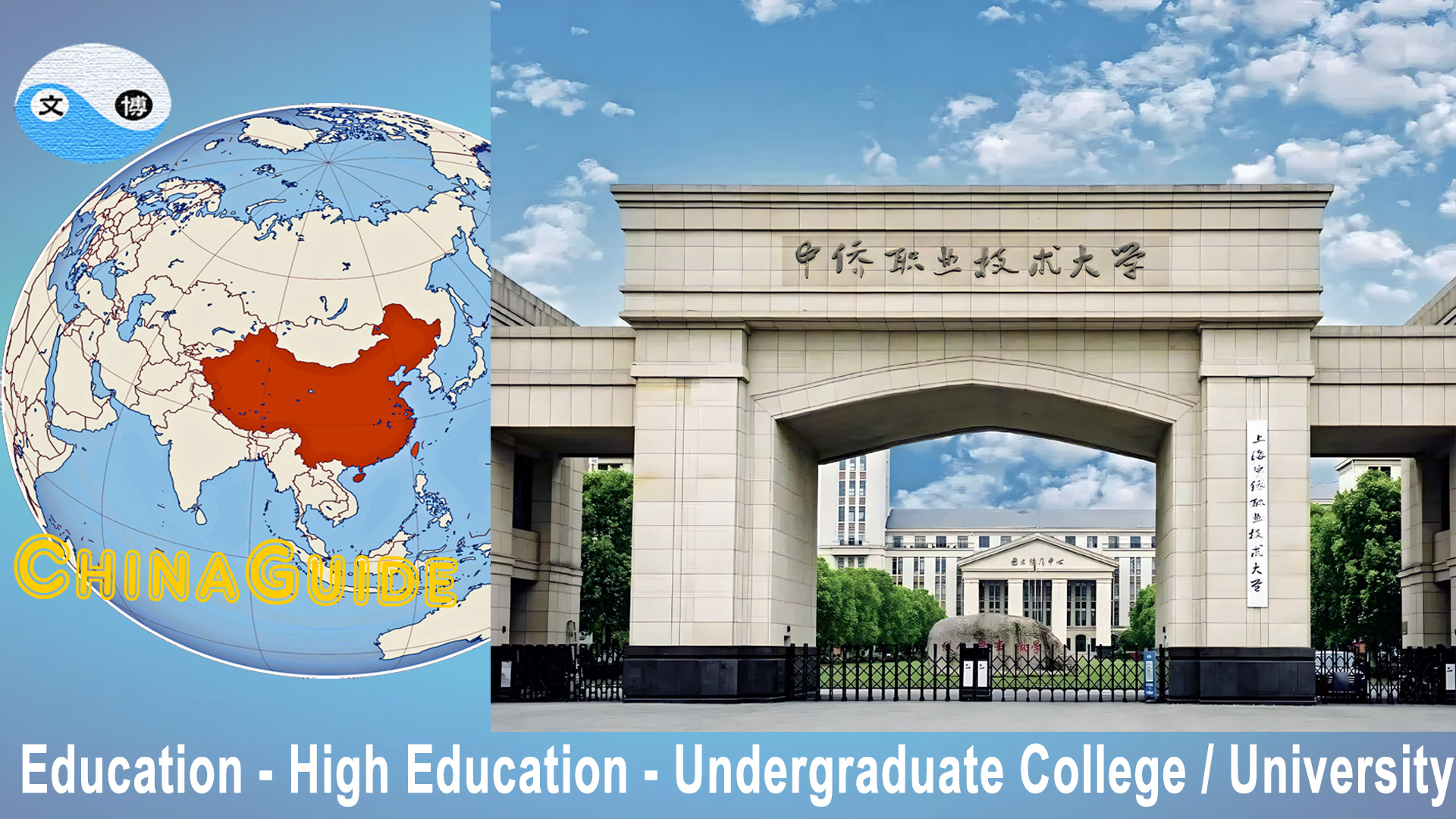On May 22, the website of the Ministry of Education of China released the "Notice on the Proposed Approval of the Establishment of Undergraduate Colleges and Universities", proposing to approve the establishment of 32 undergraduate colleges and universities, including Anhui Second Medical College, Tianjin Police College, Henan Medical University, Guangzhou Vocational and Technical University, Shaoxing Institute of Technology, etc.
The public information shows that 4 of them are newly established colleges, 4 are renamed ordinary undergraduate colleges, 23 are vocational undergraduate colleges, and 1 college is a conversion of an independent college.
The 23 vocational undergraduate colleges account for more than 70% of the list of colleges and universities announced this time. This is also the first time that vocational undergraduate colleges have expanded again this year after a large expansion last year. Among the 23 vocational undergraduate colleges, there are 5 in Jiangsu and Zhejiang, including Suzhou Vocational and Technical University, Yangzhou Vocational and Technical University, Wuxi Vocational and Technical University, Hangzhou Vocational and Technical University and Ningbo Vocational and Technical University. Three new vocational undergraduate colleges have been added in the Pearl River Delta region, namely Guangzhou Vocational and Technical University, Shenzhen Information Vocational and Technical University, and Shunde Vocational and Technical University.
Developing vocational undergraduate colleges is an important strategy to cope with social progress and employment market needs. It can effectively make up for the gap in high-skilled talents, optimize the structure of higher education, and promote industrial upgrading.
In the next 5-10 years, as China's manufacturing industry climbs to the high end of the value chain, vocational undergraduates may reshape the pattern of higher education and become a "new infrastructure" to support high-quality development.
With the rise of emerging fields such as intelligent manufacturing, digital economy, and green economy, traditional skills are difficult to meet the needs of technology-intensive positions, and the "technology application + innovation" talents cultivated by vocational undergraduates have become the key.
Responding to the core demand of the employment market for vocational undergraduates. McKinsey Global Institute predicts that by 2030, China's high-skilled talent gap will reach 30 million. The 2023 Ministry of Human Resources and Social Security report shows that the job-seeking ratio (job demand/number of job seekers) of technical and skilled talents in the field of intelligent manufacturing is as high as 2.5. Changes in corporate employment preferences. Huawei, BYD and other companies have jointly built "field engineer colleges" with vocational colleges, emphasizing "undergraduate level + craftsmanship" to shorten the employee on-the-job training cycle.
Vocational education and general education are two different types of education, with equal importance.
Vocational undergraduate colleges (undergraduate colleges) generally refer to vocational universities. Vocational universities (Vocational University, Vocational and Technical University), also known as "vocational and technical universities", are a type of higher education institutions in China that implement undergraduate-level higher vocational and technical education and carry out applied talent training. In 2014, the State Council issued the "Decision of the State Council on Accelerating the Development of Modern Vocational Education", proposing to explore the development of undergraduate-level vocational education. In June 2019, the Ministry of Education officially approved the renaming results of the first batch of 15 undergraduate vocational education pilot colleges. They were officially renamed from "vocational colleges" to "vocational universities" and upgraded to undergraduate colleges. According to the newly revised "Vocational Education Law of the People's Republic of China" in 2022, the establishment of higher vocational schools that implement undergraduate and above education shall be approved by the education administrative department of the State Council.
Higher vocational undergraduate is a type of full-time undergraduate education, with a bachelor's degree. Higher vocational undergraduate and general undergraduate together constitute the full-time undergraduate level of my country's higher education system.
Vocational undergraduate programs provide a path for vocational education students to advance, break the prejudice that “vocational education = low education”, and promote the education system from “stratification” to “classification”.
教育部 公示32所“新大学” 23所是职业本科高校


